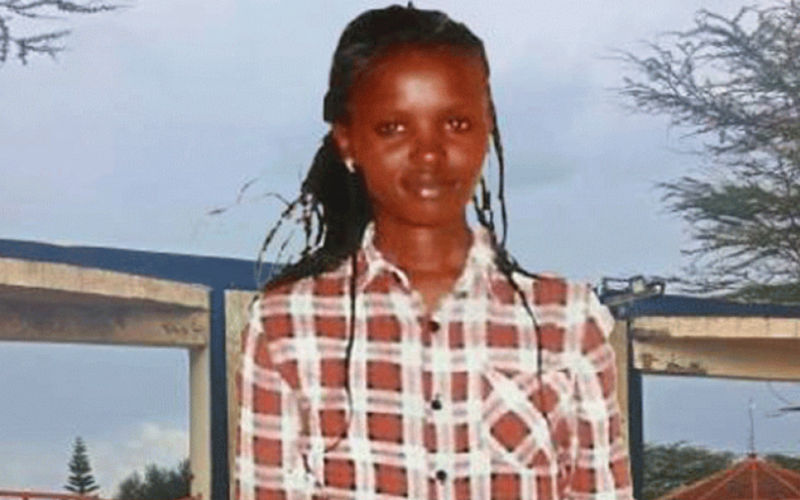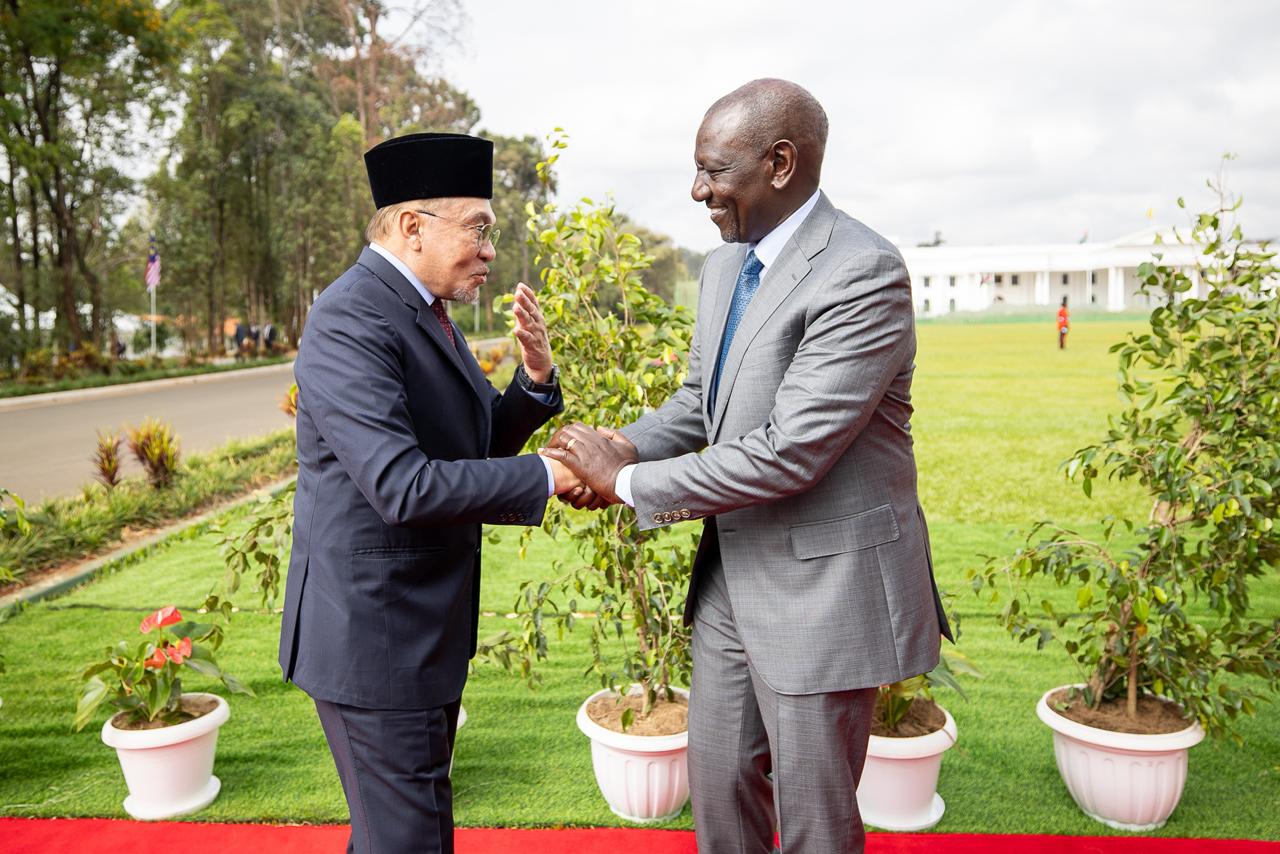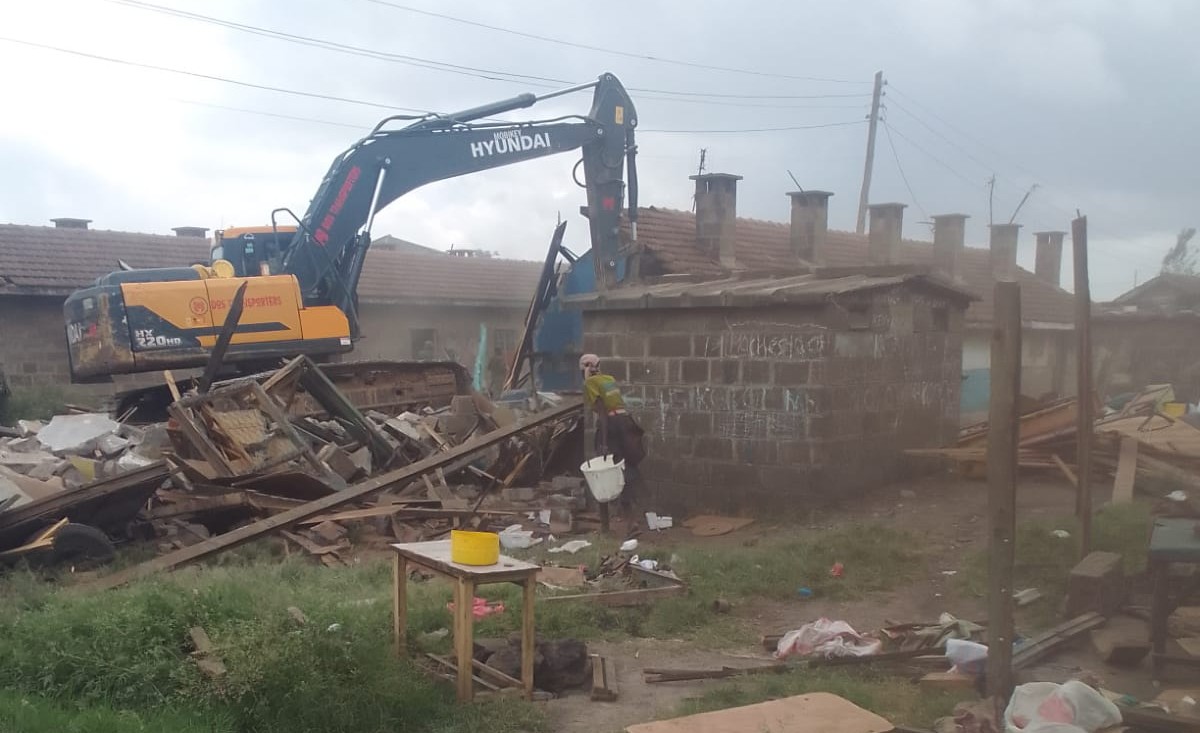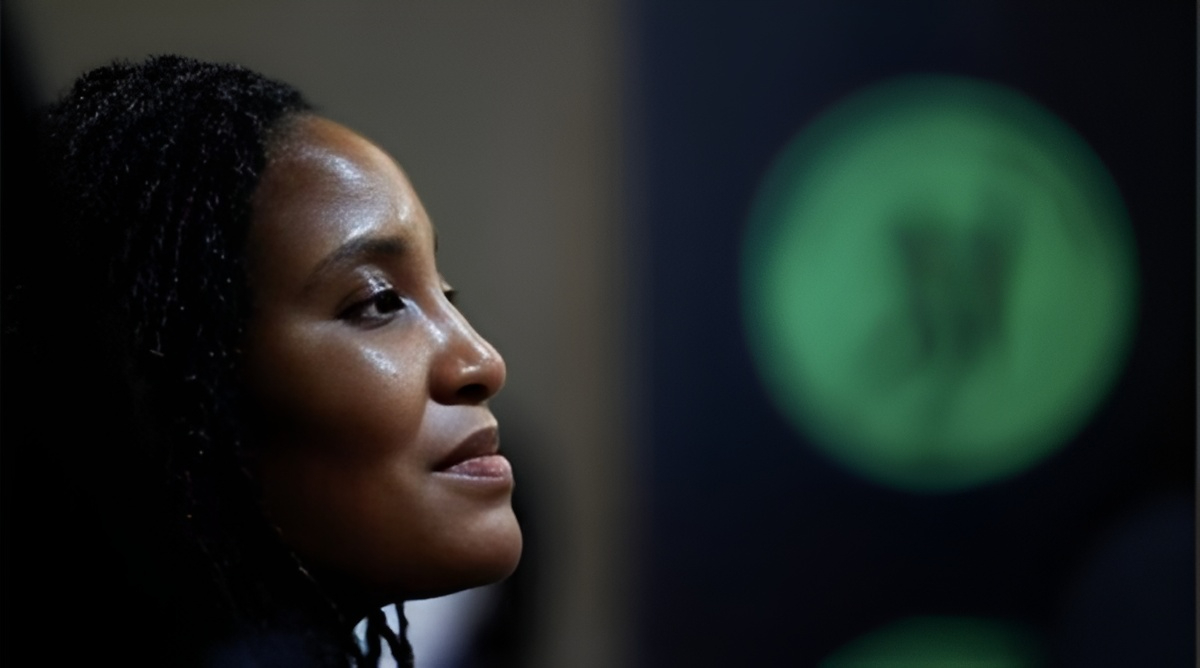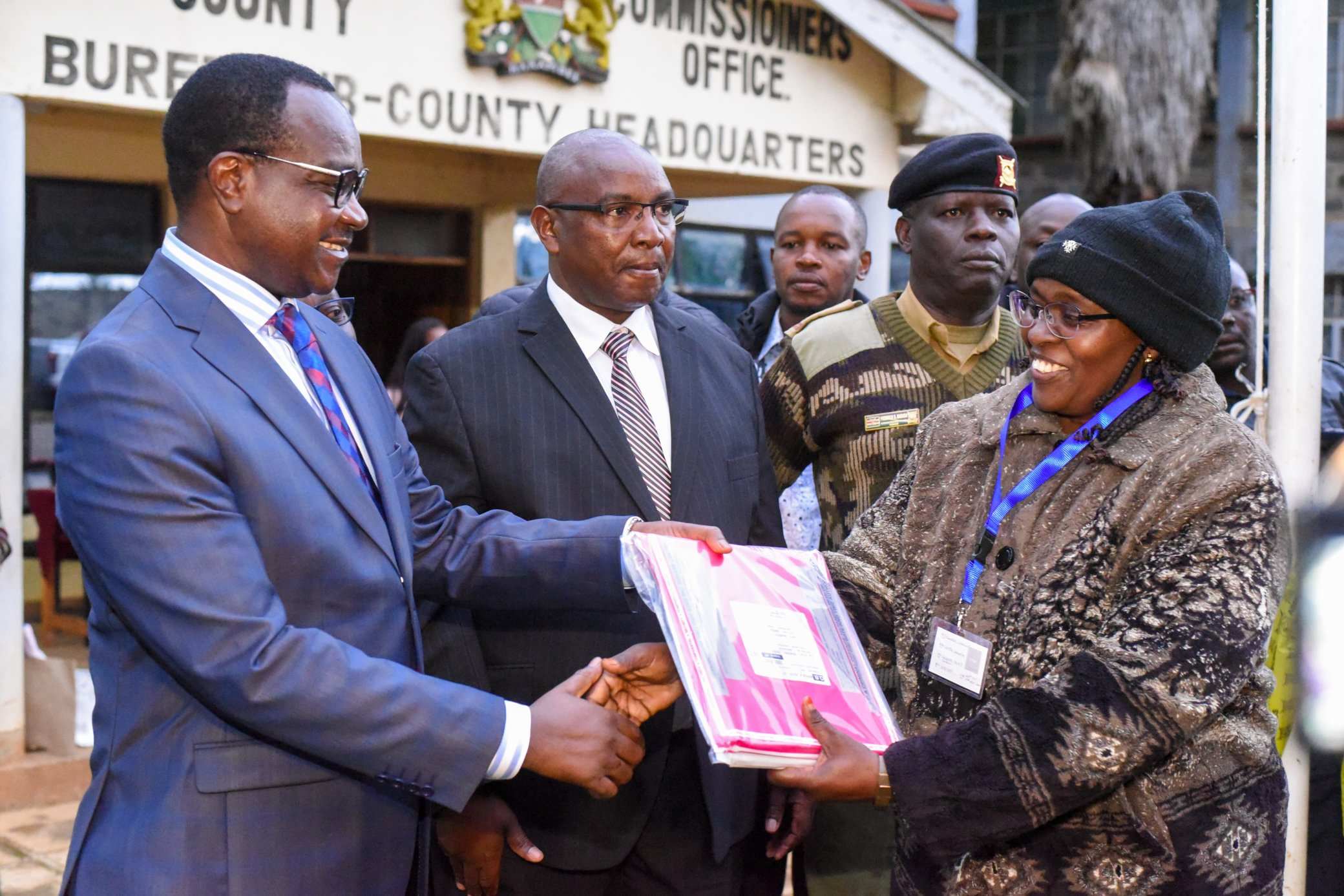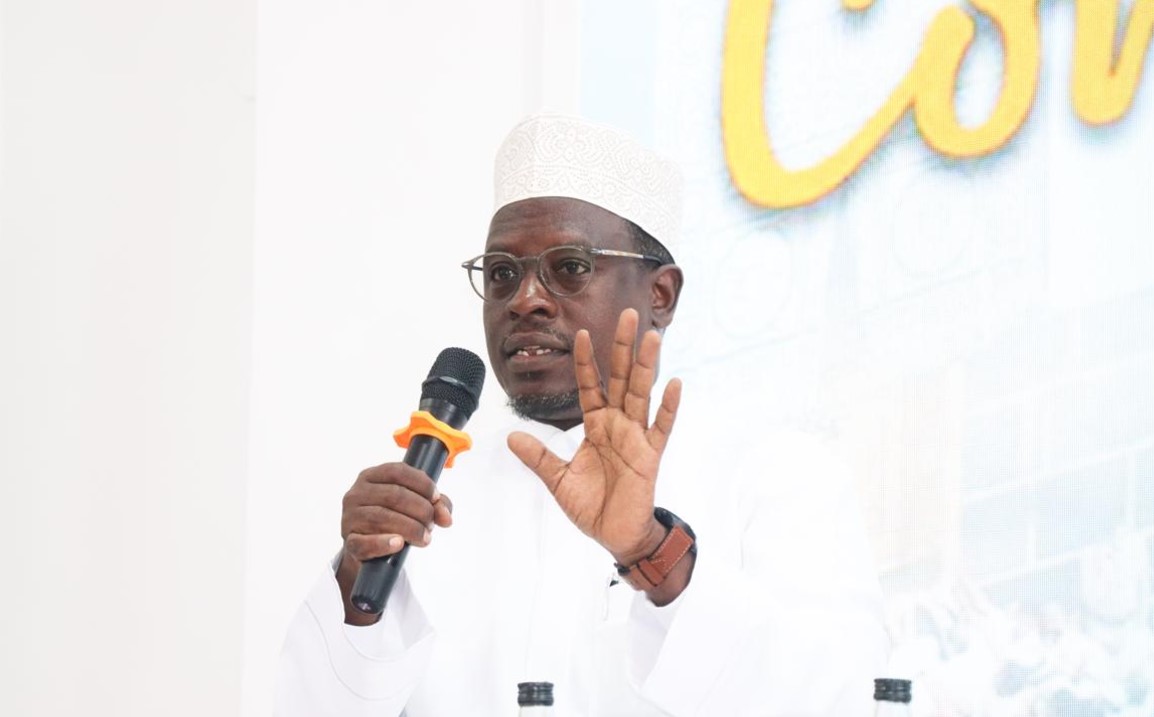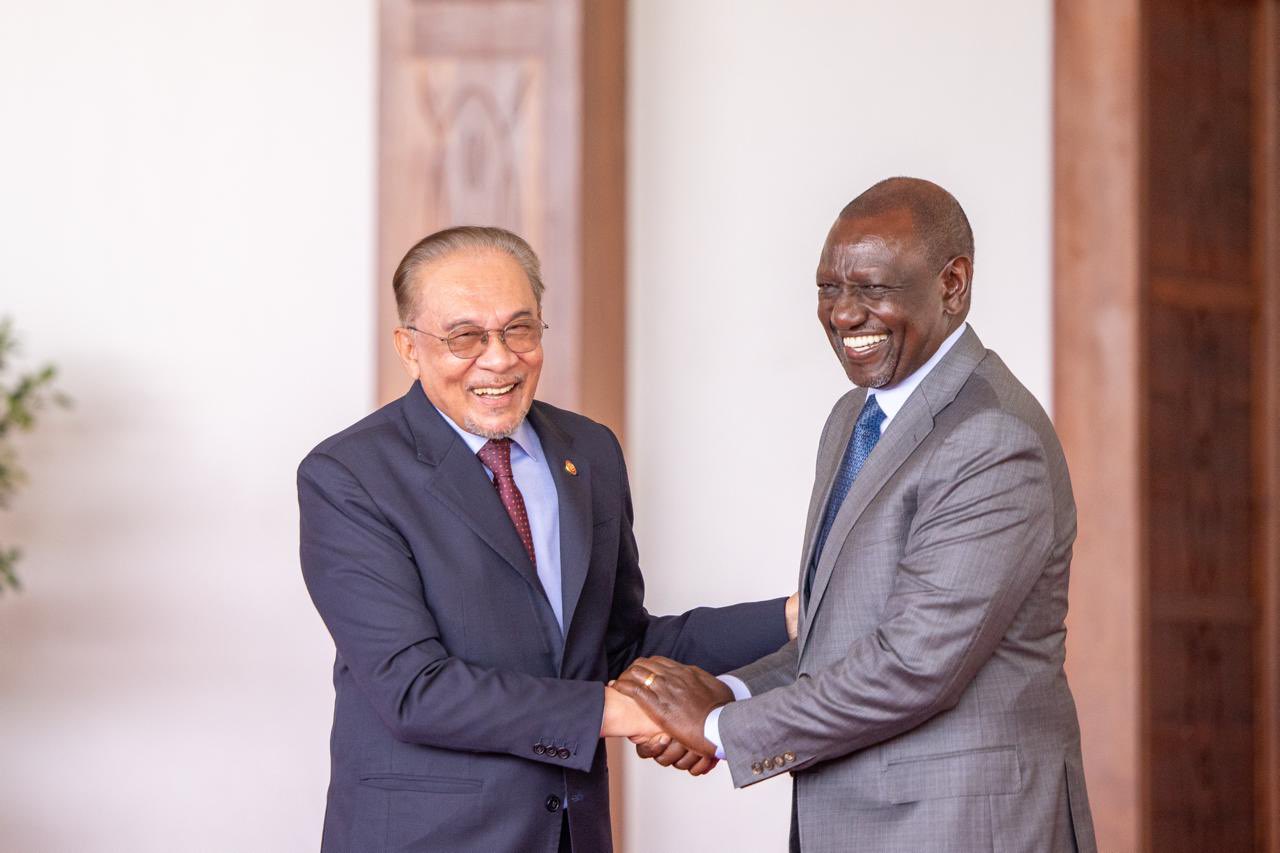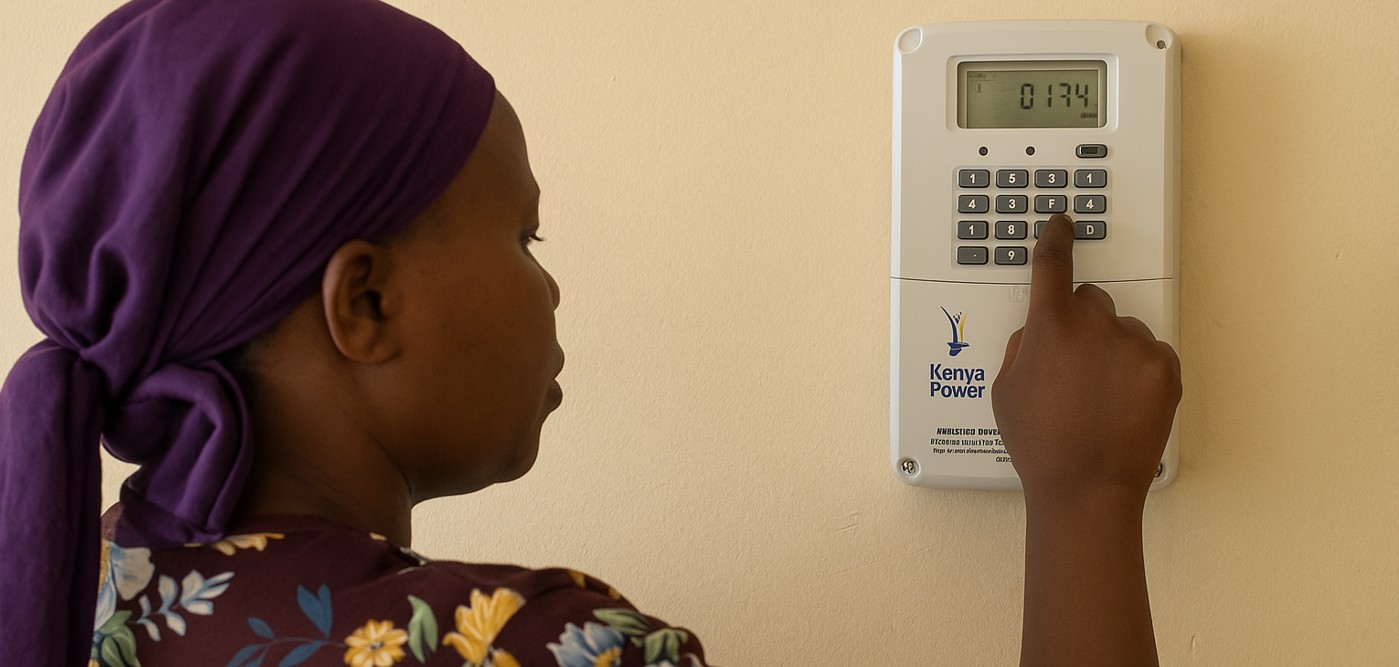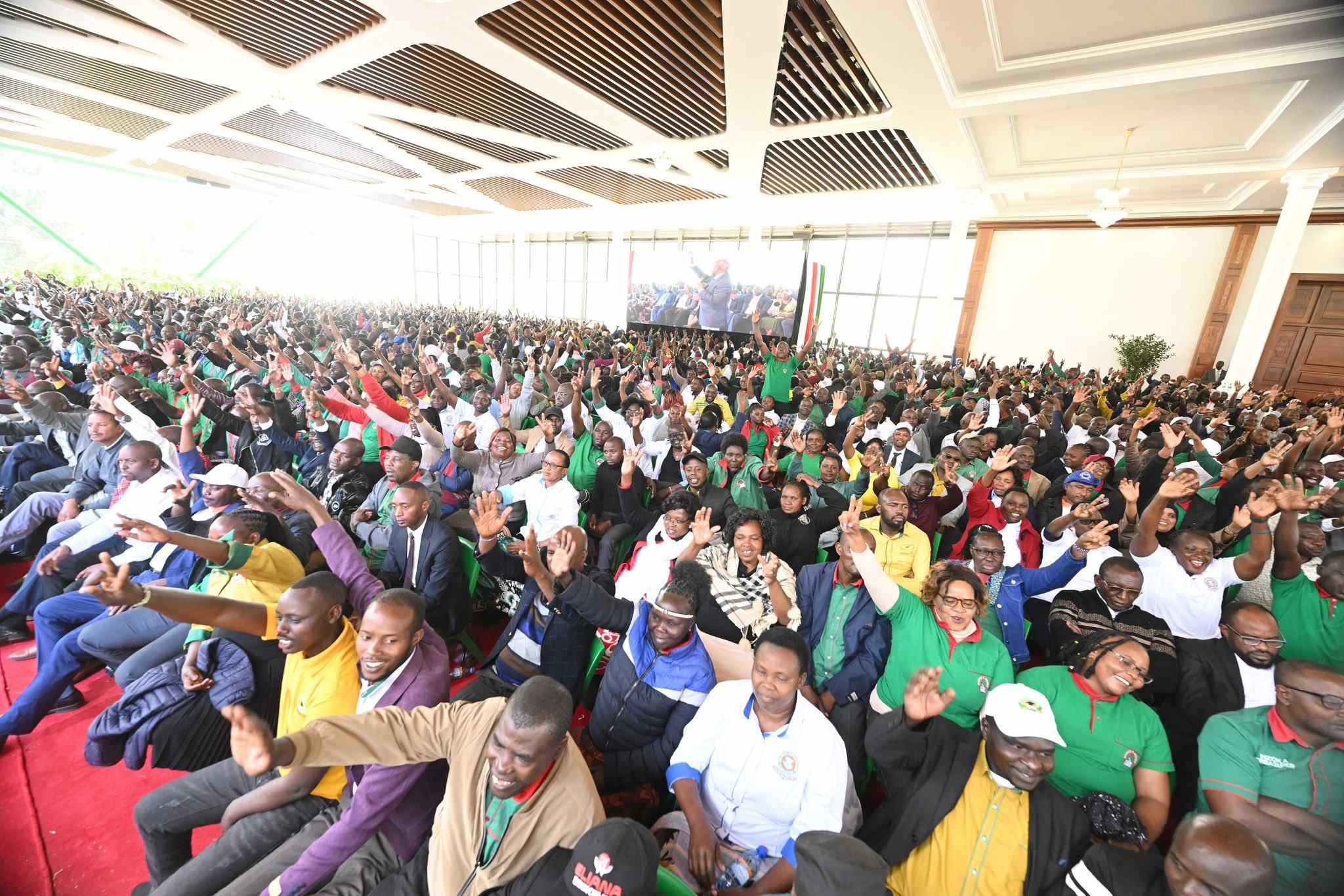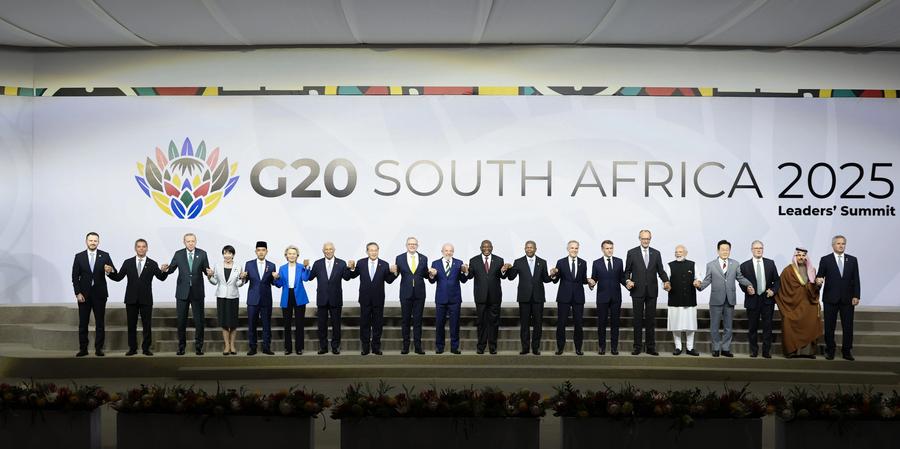Rwanda, DR Congo to ink peace deal in Washington
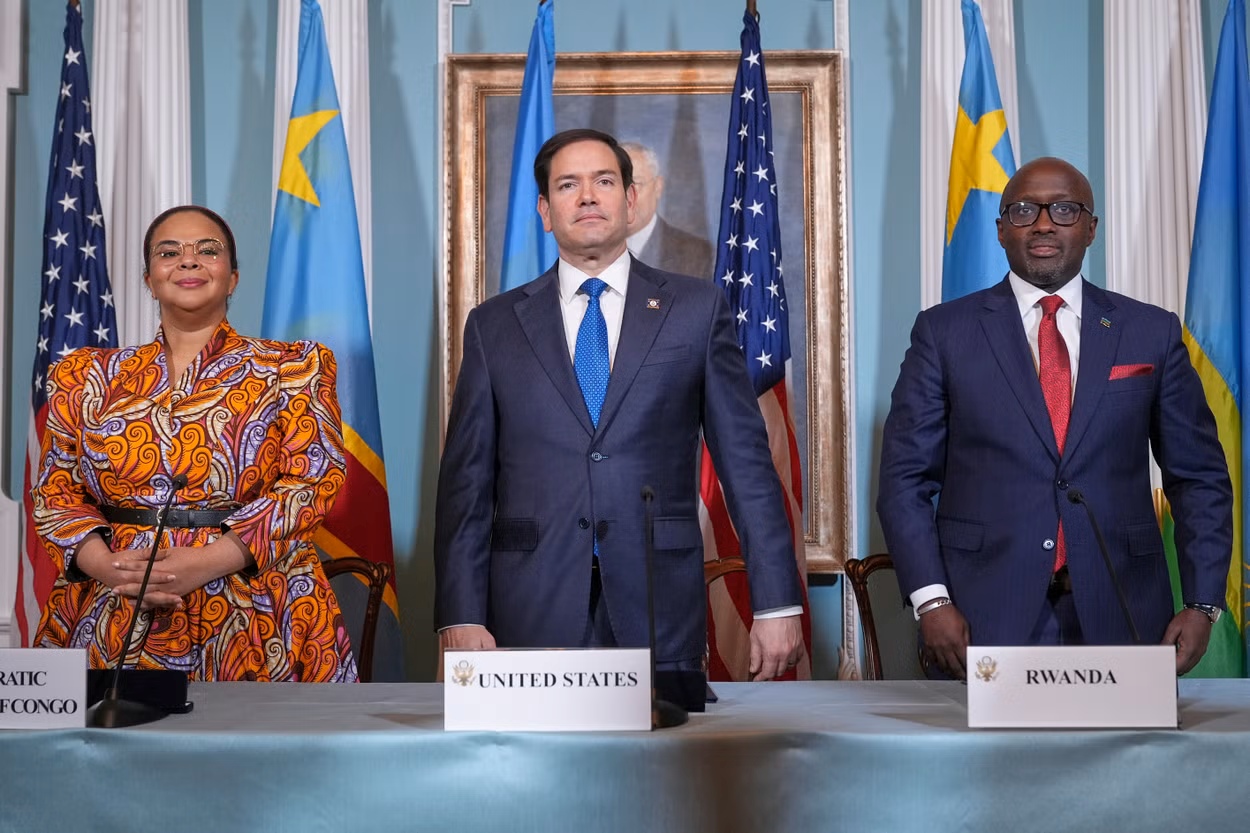
The deal, quietly initialled by technical teams on June 18, is to be witnessed by US Secretary of State Marco Rubio and bears the fingerprints of both Washington and Doha.
The foreign ministers of Rwanda and the Democratic Republic of Congo are expected in Washington on Friday to ink a long-anticipated peace agreement aimed at ending years of bloodshed in eastern Congo.
The deal, quietly initialled by technical teams on June 18, is to be witnessed by US Secretary of State Marco Rubio and bears the fingerprints of both Washington and Doha.
More To Read
- DR Congo, M23 commit to ceasefire and humanitarian protocols with new peace deal
- DRC and M23 rebels sign Doha Peace Framework in bid to end conflict
- M23 accuses DRC Government of attacks hours after Doha ceasefire monitoring deal
- DRC Government, M23 ink deal to establish mechanism for monitoring potential permanent ceasefire
- Congo: Are M23 rebels really advancing toward Kinshasa?
- Over 80 per cent of health facilities in Eastern DRC left without humanitarian support, ICRC warns
The proposed accord includes familiar but ambitious commitments: respect for territorial integrity, cessation of hostilities, disarmament and partial integration of rebel factions, the return of refugees, and the creation of a Joint Security Coordination Mechanism.
Humanitarian access and a framework for regional economic integration also feature in the text.
US President Donald Trump called it a "wonderful treaty" in a social media post, hailing it as a step forward in resolving what he described as "a war of bloodshed and death that has lasted for decades."
Whether this "wonderful treaty" will stick is another matter.
Past peace efforts have collapsed under the weight of mistrust, proxy interests, and overlapping security and commercial agendas.
Implementation and compliance will be the true tests of this latest diplomatic engineering.
What's more, the Washington ceremony highlights the quiet sidelining of African-led initiatives.
The East African Community (EAC) and Southern African Development Community (SADC), once at the forefront of conflict resolution in the region, have gone unusually silent.
As great powers assert themselves in Africa's conflict zones, the idea of "African solutions to African problems" appears to be taking a back seat to geopolitical reality.
Top Stories Today
